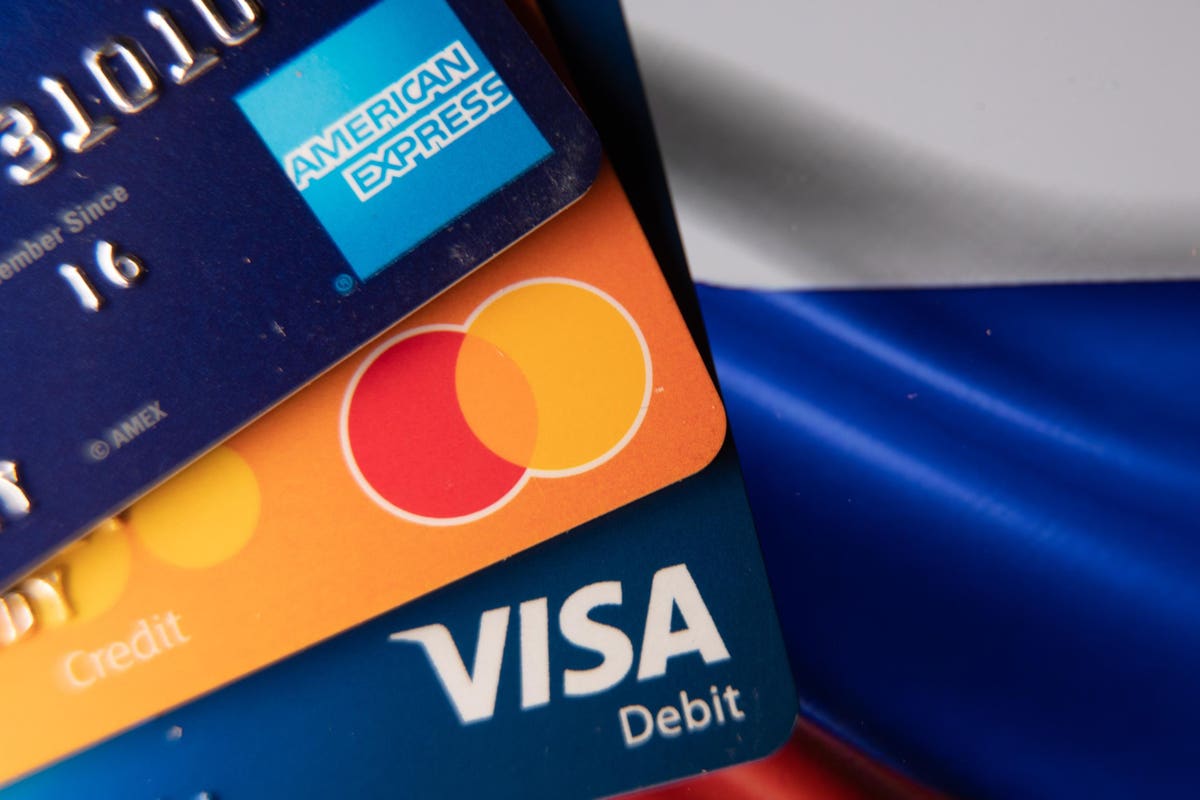Someone stole a credit card number from an account I hadn’t used in two years. I knew from a mailed statement and called the customer service line immediately.
Since this has happened to me more than once, I know the drill well. It’s pretty easy most of the time.
* Call the credit card company ASAP.
* Shut down the account and charge back any fraudulent charges.
* Make sure you get a confirmation number from customer service to confirm the account is closed and you won’t be receiving any bills.
Of course, there’s always a slight wrinkle. Banks don’t want you to close accounts and will insist you keep them open; they want to send you a new card so you can keep on charging. That was the case in this identity theft.
I insisted that the account — and the line of credit — be closed. The customer service person in another country resisted and stayed on script, but I was firm.
“Look, please close the account,” I firmly replied. “The charges were made in Mexico City. I don’t live there and don’t know anybody there. I’m not responsible for the charges since this is fraud.”
In a previous identity theft incident, the bank left the account open, which allowed for more charges. It took me months to close it. I will never do business with that bank again.
My suggestion is that you have a strategy for dealing with identity theft. Thieves are working 24/7 to steal personal financial information. They are even stealing checks from the mail (this happened to me as well). They prey on older Americans and feast on data breaches and stolen information like Social Security numbers.
My favorite resource is IdentityTheft.gov. The Federal Trade Commission site offers prevention tips plus a “recovery plan:”
* Always call the bank or credit card company to issue a fraud alert and close the account. Don’t wait.
* Always close new accounts opened in your name. Report any theft to local police.
* Remove bogus charges from your account, update your credit report and freeze your credit file.
None of this is pleasant. It’s like an emergency trip to the dentist — without a need for anesthetic, though — and can be done without leaving home.
What’s the best way to prevent these frauds? Most internet protection programs offer identity theft alerts along with banks and credit card companies. Sign up for them. They will save you some time and head off future problems.
Read the full article here




